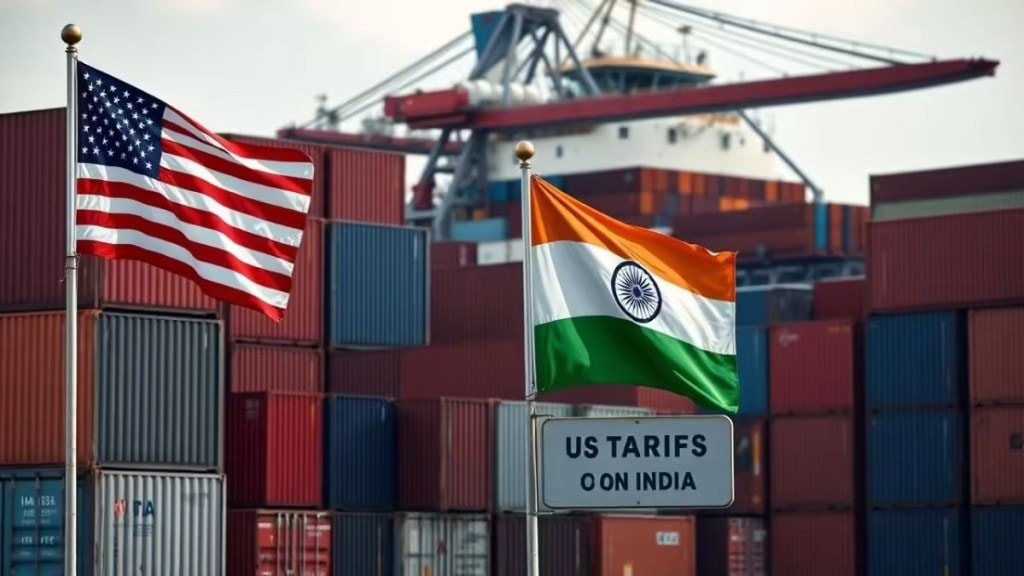The US has said India’s communication to the World Trade Organisation (WTO) reserving the right to impose reciprocal duties in response to its 50% tariff on copper products has no basis under the rules of the global trade watchdog.
On October 30 India had notified WTO that it reserves the right to suspend concessions or other obligations under relevant articles of the Agreement on Safeguards that are substantially equivalent to the adverse effects of the measure (copper duties) on India’s trade.
The safeguard measures would affect $182.54 million imports into the US of the relevant products originating in India, on which the duty collection would be $ 87.82 million. Accordingly, India’s proposed suspension of concessions would result in an equivalent amount of duty collected from products originating in the US, WTO was informed.
To ensure the effective exercise of its right to suspend substantially equivalent concessions or other obligations, India reserves its right to adjust the products as well as the tariff rates after the expiration of thirty days from the date of this notification which was October 30.
The 50% tariffs on copper were placed by the US on July 30, 2025 and were applicable from August 1.
In response to India, the US has told the WTO that it did not impose tariffs on copper under the Trade Act of 1974, which is the law under which it imposes safeguard measures. The duties were applied under a national security law.
“Because the US is not applying a safeguard measure, the WTO’s safeguard agreement cannot accommodate India’s proposal,” it said.
India had moved WTO against the duties on copper products by the US in September seeking consultations.
The Request for Consultation is the first and most crucial stage for dispute resolution at the WTO. The goal is to resolve the dispute amicably through negotiation and discussion.
The country receiving the complaint is obligated to enter into consultations within 30 days.
If consultations fail to resolve the dispute within 60 days, the complaining country can request the establishment of a panel to probe the complaint. After hearing all the sides the panel issues its recommendations that are put before Dispute Settlement Body (DSB)
India had also approached the WTO against the tariffs by the US on steel, aluminium and auto products. As the US refused to engage with India in consultations, New Delhi has notified the WTO that it reserves the right to retaliate on auto, steel and aluminium tariffs in equal measure
